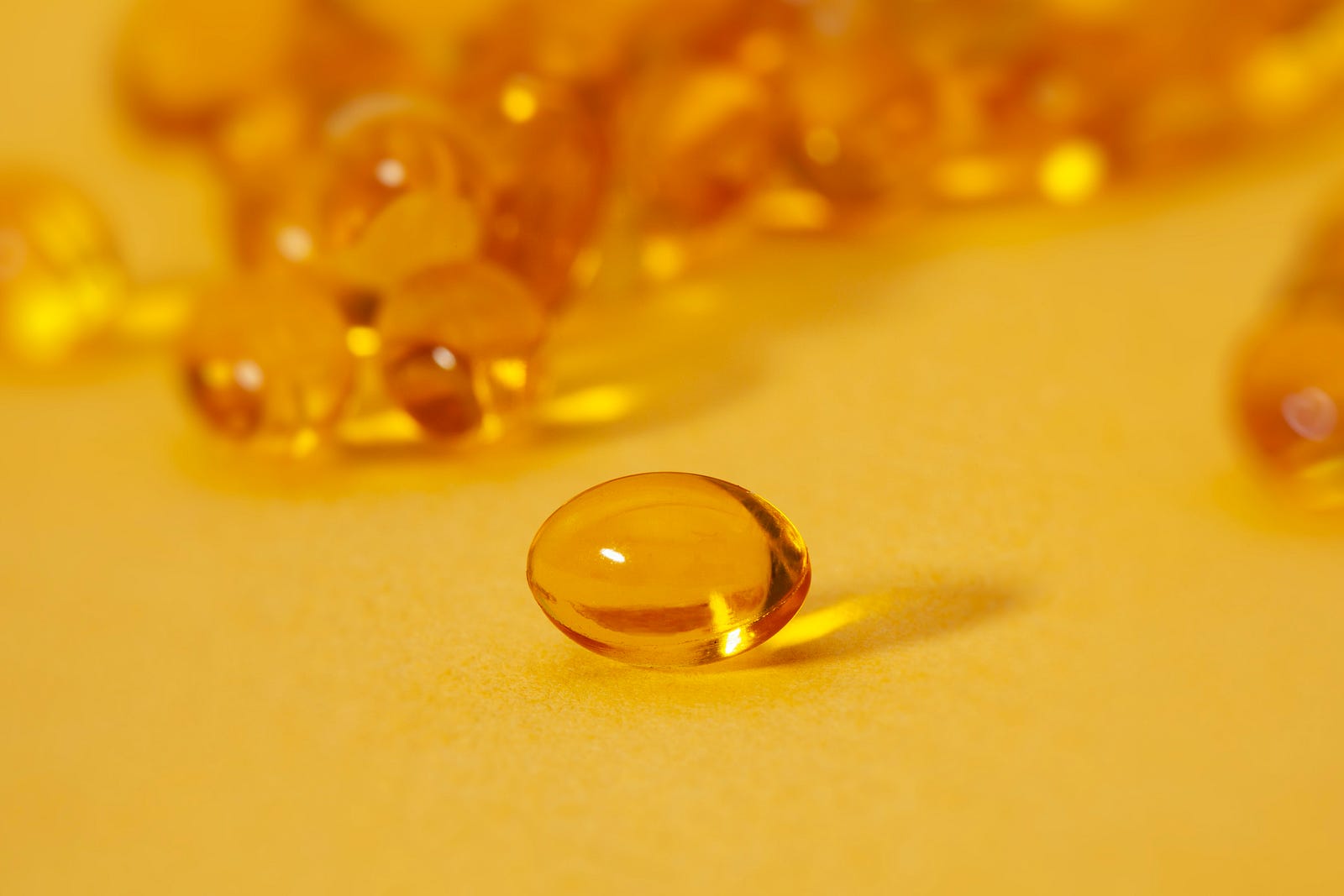CANCER STRIKES FEAR INTO THE HEARTS OF MANY. I know; I am a cancer doctor. My patients often ask if anti-oxidants could hold the key to reducing cancer risk. Today, we explore antioxidants and cancer prevention: Separating fact from fiction.
Cancer remains complex and enigmatic. So many of us have worked for decades to discover effective strategies for cancer prevention.
One of the most common questions patients ask is whether anti-oxidants — substances protecting our cells from damage caused by harmful molecules called free radicals — reduce cancer risk.
In this essay, we will explore the relationship between anti-oxidants and cancer prevention. Is there evidence behind the notion that anti-oxidants fight cancer? And are there risks of using them?
Free Radicals
When discussing anti-oxidants with my patients, I begin with the basics.
Predators, including viruses, air pollution, sunlight, and more, constantly threaten our body’s trillion cells.

But there is another threat lurking: Chemicals known as free radicals. These substances can damage our cells, including our genetic material.
Free radicals are highly unstable atoms that can damage our cells, causing illness and aging.
As mentioned, free radicals are not easy to dodge; they are the inevitable by-products of transforming food into energy, exposure to ultraviolet light, and more.
Where Do Free Radicals Come From?
The body generates free radicals as the inevitable by-product of turning food into energy.
Free radicals are also formed after exercising or exposure to cigarette smoke, air pollution, and sunlight.
As I mentioned, free radicals are highly unstable. They try to stabilize themselves by stealing electrons from other molecules, thereby causing damage to a cell.
Free radicals have a lifespan of only a fraction of a second, but during that time, they can damage DNA, sometimes causing mutations that can increase your risk of getting health conditions like cancer and heart disease.
Our Body’s Defense System Against Free Radicals
Enter the free radicals’ opponents, enzymes such as superoxide dismutase and catalase. Additionally, the body can obtain anti-oxidants from the diet.
Superoxide dismutase (SOD) is an enzyme found in all of our living cells. An enzyme speeds up certain chemical reactions in the body. SOD helps break down potentially harmful oxygen molecules in cells.
Common dietary anti-oxidants include the following:
- allium sulfur compounds — garlic, leeks, and onions
- anthocyanins — berries, grapes, and eggplant
- beta-carotene — apricots, spinach, carrots, mangoes, parsley, pumpkin, and spinach
- catechins — tea and red wine
- copper — lean meat, milk, nuts, and seafood

- cryptoxanthins — mangoes, pumpkin, and red capsicum
- flavonoids — green tea, black tea, red wine, citrus fruits, onion and apples
- indoles — cruciferous vegetables (including broccoli, cabbage and cauliflower)
- isoflavonoids — lentils, milk, tofu, soybeans, and peas
- lignans — bran, vegetables, whole grains, and sesame seeds
- lutein — green, leafy vegetables (for example, spinach and corn)
- lycopene — tomatoes, apricots, pink grapefruit and watermelon
- manganese — seafood, lean meat, milk, and nuts
- polyphenols — herbs
- selenium — lean meat, seafood, offal, and whole grains
- vitamin A — liver, sweet potatoes, carrots, milk, and egg yolks
- vitamin C — oranges, blackcurrants, kiwifruit, mangoes, broccoli, spinach, capsicum and strawberries
- vitamin E — vegetable oils (such as wheatgerm oil), avocados, nuts, seeds and whole grains
- zinc — seafood, lean meat, milk, and nuts
- zoochemicals — red meat, offal and fish. Plants that animals eat also contain zoochemicals.
These antioxidants neutralize free radicals by donating electrons, preventing cellular damage.
Antioxidants and Cancer
The idea that anti-oxidants might help prevent cancer is rooted in the anti-oxidant hypothesis.
This hypothesis suggests that by increasing our dietary anti-oxidants, we can protect our cells from oxidative damage, thereby reducing the risk of cancer and other diseases.
The logic behind this concept is appealing: if free radicals cause cellular damage that can lead to cancer, then reducing the impact of free radicals through anti-oxidants should reduce the risk of developing cancer.
The French Paradox
One of the earliest and most influential studies supporting the anti-oxidant hypothesis was the so-called “French Paradox.”
This term was coined to describe the relatively low incidence of heart disease in the French population despite their consumption of a diet rich in saturated fats.

Some researchers attributed this paradox to the French habit of drinking red wine, a good anti-oxidant source, particularly resveratrol.
While this observation focused on heart disease, it also fueled speculation about the potential cancer-preventing benefits of anti-oxidants.
The Case for Anti-oxidants
Numerous studies have explored the relationship between anti-oxidants and cancer prevention. Some of these studies have found evidence that anti-oxidants can reduce cancer risk.
A 2012 International Journal of Cancer review analyzed the results of several observational studies and concluded this:
Higher intakes of dietary antioxidants were associated with a decreased risk of certain cancers, including lung, breast, and colorectal.
This finding suggests that a diet rich in antioxidant-containing foods may protect against cancer.
A 2016 Nutrients review highlighted the potential benefits of specific anti-oxidants in cancer prevention.
Researchers discussed how compounds like curcumin (in turmeric) and epigallocatechin gallate (in green tea) possess anti-oxidant properties that can inhibit cancer growth and promote apoptosis, the programmed cell death of damaged or malignant cells.
Anti-oxidant Supplements — Evidence Against
The SELECT (Selenium and Vitamin E Cancer Prevention Trial) study reminds me that getting supplements through food trumps consuming them via pills.

Here is the conclusion:
Dietary supplementation with vitamin E significantly increased the risk of prostate cancer among healthy men.
More Evidence Against Anti-oxidant Supplements
There’s another reason I do not take supplements. A large-scale study called the Alpha-Tocopherol, Beta-Carotene Cancer Prevention (ATBC) trial discovered this:
Beta-carotene supplementation did not reduce lung cancer incidence in male smokers, and, in fact, it may have increased the risk in some cases.
This unexpected result raised concerns about the safety and efficacy of anti-oxidant supplements for cancer prevention, particularly in high-risk populations.
Finally, in 2005, the Women’s Health Study reported the effects of vitamin C and E supplementation on cancer risk. The researchers found no reduction in overall cancer incidence.
These findings cast further doubt on the idea that anti-oxidant supplements alone can effectively prevent cancer.
My Take — The Complexity of Anti-oxidants
I am not aware of evidence showing that anti-oxidant supplements reduce cancer risk.
On the other hand, there is an association between copious consumption of food-based anti-oxidants and cancer risk reduction. Why?
Anti-oxidants may have a U-shaped (or bell-shaped) dose-response curve. While moderate consumption of anti-oxidants from a diet rich in fruits and vegetables might be beneficial, excessive intake through supplementation could have adverse effects.
I am speculating here, but excessive anti-oxidant intake may disrupt the body’s natural balance, potentially suppressing the immune system and allowing cancer cells to proliferate.
Moreover, anti-oxidants do not function in isolation. They interact with numerous other compounds in our diets and within our bodies, and these interactions can influence their effectiveness.
The complex interplay of anti-oxidants and other substances in our diets makes it challenging to draw clear conclusions about their impact on cancer risk.
Final Conclusions
In conclusion, the relationship between anti-oxidants and cancer prevention is complex and multifaceted.
While there is high-level evidence to suggest that a diet rich in antioxidant-containing foods may have a protective effect against certain cancers, the use of anti-oxidant supplements to prevent cancer remains a topic of debate.
The conflicting results from various studies, such as the ATBC trial and the Women’s Health Study, demonstrate the potential harm of supplements.

It is essential to approach the consumption of anti-oxidants with a balanced perspective. Anti-oxidants are an integral part of a healthy diet, found in a wide range of fruits, vegetables, and whole grains.
Incorporating these foods into one’s diet can provide many health benefits beyond potential cancer prevention.
My Approach to Cancer Risk Reduction
Here’s my approach to cancer risk reduction:
- I consume a balanced diet
- I get regular physical activity
- I avoid tobacco and excessive alcohol consumption
- I avoid excess sun
- I try to get seven to nine hours of sleep, admittedly a slight challenge
- I get routine medical check-ups with a primary care provider
Ultimately, more research is needed to understand the relationship between anti-oxidants and cancer prevention.
This research should consider the diverse anti-oxidant types, their interactions with other dietary components, and the potential risks associated with anti-oxidant supplementation.
Thank you for reading “Anti-oxidants and Cancer Prevention: Separating Fact from Fiction.” Here is another piece I wrote about reducing your cancer risk:



